модуль 1 — Translation into English — examples Russian
These examples may contain rude words based on your search.
These examples may contain colloquial words based on your search.
Модуль 1 представляет собой инструкции по разработке обоснования для использования видеоролика в классе.
Module 1 presents instructions for developing a rationale for the use of the video in the classroom.
И вы успешно усвоили Модуль 1.
To have successfully completed Module 1.
Кластер 5 (модуль 1) в операциях по поддержанию мира/в специальных политических миссиях для национальных сотрудников и военнослужащих
Cluster 5 (Extension 1
Дополнительный модуль 1 «Умоджи» зависит от своевременного завершения работы над модулем людских ресурсов и проездных льгот, который разрабатывается силами поставщика программного обеспечения по общеорганизационному планированию ресурсов.
Umoja Extension 1 is dependent upon the timely completion of the human resources and travel entitlements module being developed by the enterprise resource planning software vendor.
Модуль 1 развивает фундаментальные навыки запоминания снов и понимания их природы.
UNIT 1 develops the fundamental skills of dream recall and dream awareness.
Другими словами, модуль 1 управления регулирует пропуск текучей среды 6 передачи тепла так, чтобы всегда поддерживать минимальный поток, обозначенный выше.
In other words, it is the control unit 1 which regulates the passage of heat transfer fluid 6 to always maintain the minimum flow indicated above.
На фиг.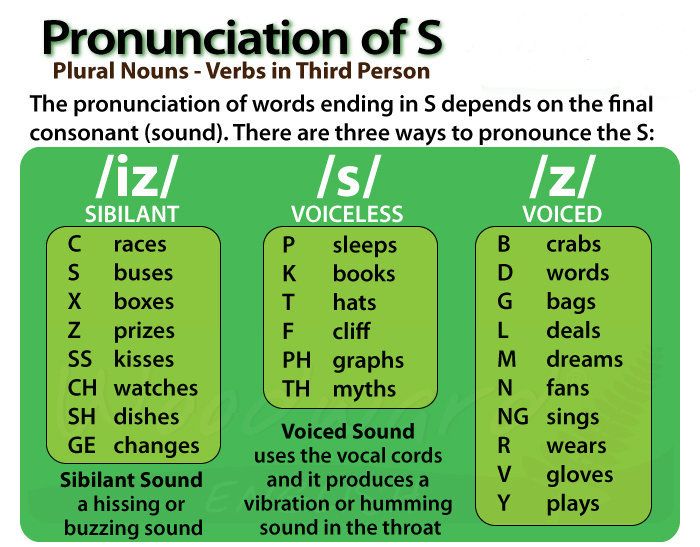 изображена внутренняя часть двухполюсного дифференциального размыкателя D цепи, содержащего дифференциальный модуль 1, окруженный двумя коммутирующими модулями 2, 3.
изображена внутренняя часть двухполюсного дифференциального размыкателя D цепи, содержащего дифференциальный модуль 1, окруженный двумя коммутирующими модулями 2, 3.
Figure 1 shows the inner part of the bipolar differential switch D circuit with differential module 1, surrounded by two switching modules 2, 3.
Для слушателей, которые уже прошли
For students who have completed Module 1.
Модуль 1 — применяется для тех детей, которые используют отдельные слова или вообще не разговаривают.
Module 1 is used with children who use little or no phrase speech.
Модуль 1 может быть выполнен высотой, превышающей расстояние между нижними концами боковых сторон 4.
Module 1 can be performed by a height greater than the distance between the lower ends of the side walls 4.
Модуль 1 был выпущен в середине 2010 года, а остальные восемь будут завершены в 2012 году.
Module 1 was released in mid-2010, and the other eight modules will be finalized in 2012.
Модуль 1 в темноте — 2 часа.
Module 1 in the dark — 2 hours
Модуль 1 применяется к тем детям, которые не используют фразовую речь постоянно
Module 1 is for children that do not use phrase speech very often.
Модуль 1: международные правила, конвенции, кодексы и права моряков.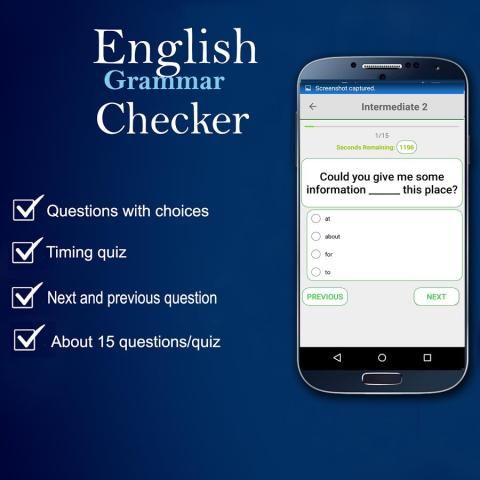
Module 1: international regulations, conventions, codes, and seafarers’ rights
Модуль 1 «Введение в статью 76» предусматривает обзор появления и эволюции международно-правового режима континентального шельфа.
Module 1: Introduction to article 76 contains a review of the origin and evolution of the legal regime of the continental shelf in international law.
Путем увязки перехода на модуль 1 программы «Умоджа» с распространением новой версии программного обеспечения общеорганизационного планирования ресурсов Секретариат сможет избежать дорогостоящей отладки и доводки.
By aligning the start of Umoja Extension 1 build with the availability of the new enterprise resource planning software release, the Secretariat will avoid some costly customization and development.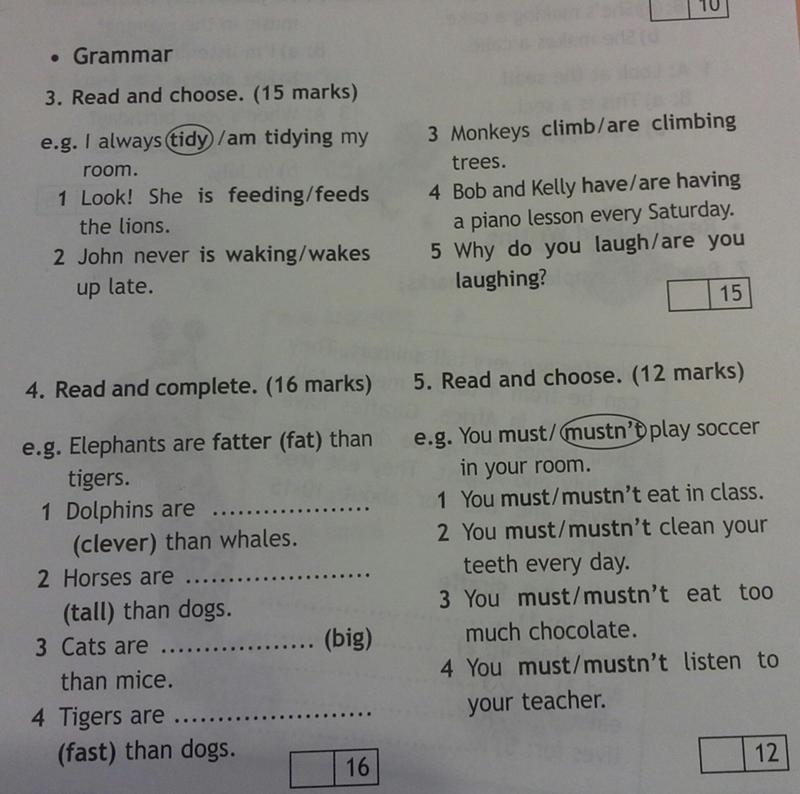
Модуль 1 будет посвящена фундаментальным аспектам нейрофизиологии и нейробиологии: мы рассмотрим основные понятия о нейронов, синапсов и сенсорных систем.
Module 1 will be devoted to fundamental aspects of Neurophysiology and Neurobiology: we will review basic notions about neurons, synapses and sensory systems.
Модуль 1: Что такое проект?
Module 1: What is the problem?
Модуль 1: права человека и этика полицейской службы (четыре часа):
Module 1: Human rights and police ethics (four hours):
Module 1: What is a robot?
Possibly inappropriate content
Examples are used only to help you translate the word or expression searched in various contexts.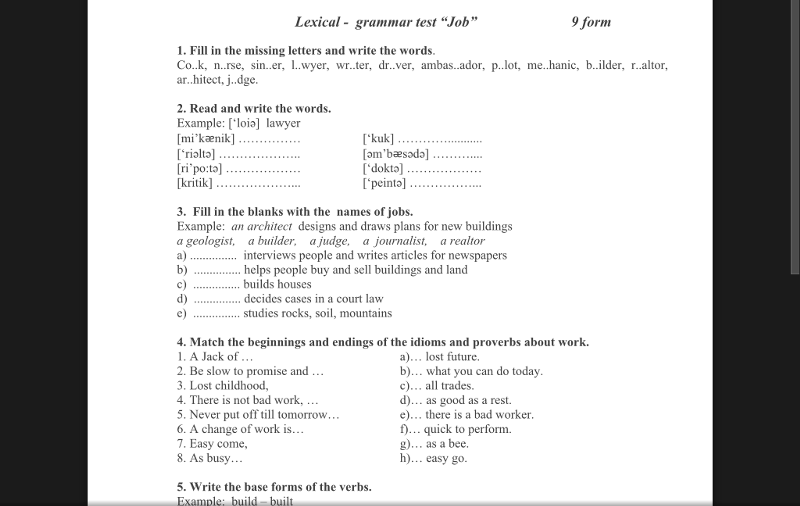 They are not selected or validated by us and can contain inappropriate terms or ideas. Please report examples to be edited or not to be displayed. Rude or colloquial translations are usually marked in red or orange.
They are not selected or validated by us and can contain inappropriate terms or ideas. Please report examples to be edited or not to be displayed. Rude or colloquial translations are usually marked in red or orange.
Register to see more examples It’s simple and it’s free
Register Connect
Dvizh. Spotlight 9. Mod 1. Grammar check
Похожие презентации:
We are in London
Use of English B2 for all exames TB OCR MCR
She likes… He likes
My dream house
Loving dogs and other pets 1.11
The present perfect tense
Modern methods of teaching english
Education in Great Britain
Water pollution
Gerund and Infinitive
Circle the correct tense.
1. Are you doing / Do you do anything special tonight?
2. Marion is allergic to dairy products. She hasn’t eaten / hasn’t
been eating chocolate for years.
3. Daniel thinks / is thinking about moving to a bigger house in the
countryside.
4. Sue has been working / is working in this company for ten
years now.
5. You look / are looking very pale. Is everything OK?
6. The film starts / has started at 22:00 pm. We must be at the
cinema by 21:30.
A: Why are your clothes dirty?
B: Because I ……………………………… (work) in the garden all morning.
A: Why are you upset?
B: Because I ……………………………… (lose) my car keys.
A: Would you like some homemade cake?
B: Yes, please. It ……………………… (smell) delicious.
A: Are you busy?
B: Yes. I ……………………………… (work) on this project all day and I
……………………………… (still/not finish).
A: Who ……………………… (use) my MP3 player?
B: I have.
A: What’s that noise?
B: Jason …………………… (have) a birthday party.
A: What ……………………… (people/wear) on Remembrance Day?
B: A little red paper poppy.
A: ………………………… (you/find) a dress for the prom night?
B: Unfortunately, not yet.
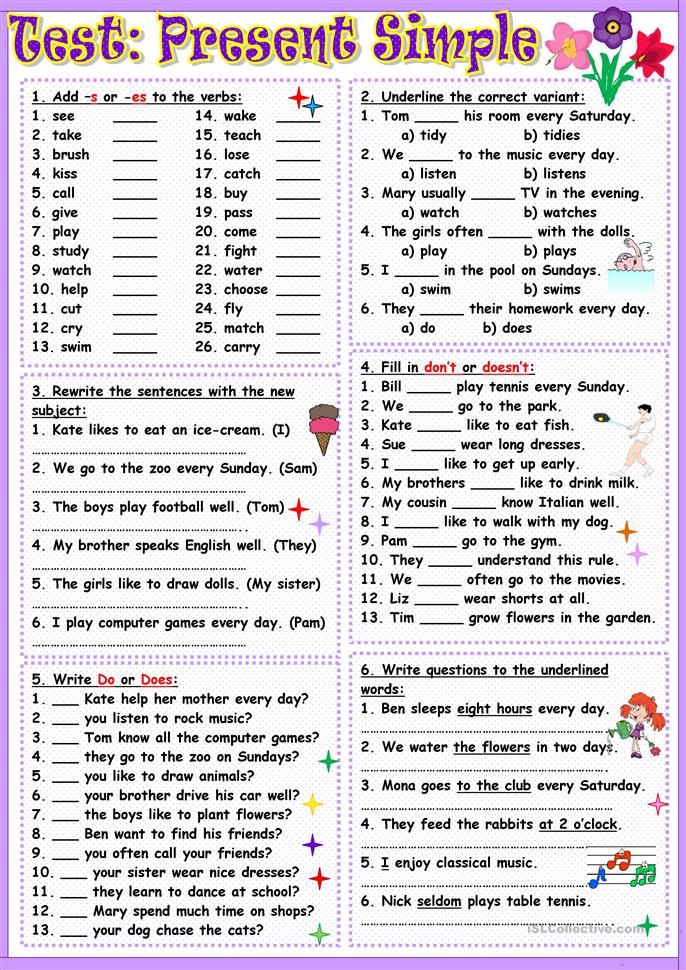
Use the prompts to ask and answer questions, as in the example.
1. What time/you/get up/every morning?
A: What time do you get up every morning?
B: I get up at 7:00 every morning.
2. you / have breakfast / in the morning?
A: Do you have breakfast in the morning?
B: Yes, I have breakfast every morning.
3. What time / your dad / leave for work?
A: What time does your dad leave for work?
B: he leaves for work at 8:00.
4. you / meet / your friends / in the afternoon?
A: Do you meet your friends in the afternoon?
B: Yes, we usually meet at the shopping mall.
5. your mum / do the shopping / every day?
A: Does your mum do the shopping every day?
B: No, only on Tuesdays and Thursdays.
6. What / you / do / in your free time?
A: what do you do in your free time?
B: I play football in my free time.
Read the email and put the verbs in brackets into the correct present tense.
1. haven’t written
2. ‘ve been
3.
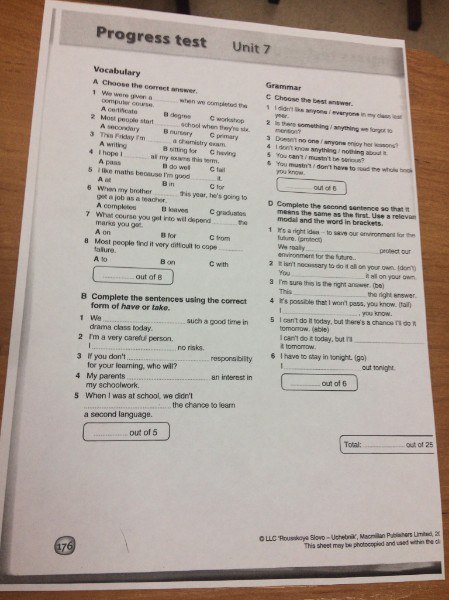 have you been
have you been5. have been celebrating
6. serve
7. play
8. puts
9. finish
10. ‘ve been surfing
11. is still waiting
The people below like doing different things. Look at the table and, in
pairs, ask and answer questions, as in the example.
Read about Danny’s daily routine and make sentences, as in the
example. Use the verbs in brackets and the adverbs of frequency.
1.
Danny ……………………… (go) jogging in the morning. (always)
2. He ………………………… (take) the bus to school. (seldom)
3. He ………………………… (play) basketball in the afternoon. (often)
4. He ………………………… (meet) his friends at the weekend. (sometimes)
5. He ……………………… (visit) his grandparents after school. (usually)
6. He ……………………… (surf) the Net on a weekday. (never)
Form questions using How often …? to ask your partner, as in the example. Then use
the answers to fill in the table. Use A (always), U (usually), O (often), S
(sometimes), R (rarely) or N (never).

1. You / have breakfast in the morning?
6. 2.
Your
maths
/on/assign
a lot of
3.4.Your
Your
Your
5.
You
dad
grandparents
family
//teacher
tidy
drive
/ go
your
you
room?
to
avisit
picnic?
school?
you?
homework?
Read the text and fill in the gaps with the appropriate relative pronoun.
1. where
2. when
3. which
4. who
5. where
6. whose
7. who
8. why
Join the sentences, as in the example. Put commas where necessary.
Write D for defining, and ND for non-defining. Decide where the
relative pronoun can be omitted or not.
1. Buckingham Palace is in London.
It is the residence of the Queen.
Buckingham Palace, which is in
London,
Buckingham
is the residence
Palace, ………
of the
Queen of England.
ND – relative pronoun cannot
be omitted
2. I bought a book yesterday. It’s
very interesting.
The book, (which) I bought
The book ………
yesterday, is very interesting.

ND –can be omitted
3. Sam’s birthday is on Saturday.
He’s having a party this weekend.
Sam, whose birthday is on
Saturday, isSam
having
………a party this
weekend.
ND –cannot be omitted
4. I’ve been studying all day.
That’s why I’m very tired.
I’ve been studying all day, that is
I’ve been studying all day ………
why I’m very tired.
D –cannot be omitted
5. The best time to visit Scotland
is on New Year’s Eve. Hogmanay
takes place then.
The best time to visit Scotland is
The best time to visit Scotland is
on New Year’s Eve, when
on New Year’s Eve …………
Hogmanay takes place.
D –cannot be omitted
6. Amy is taking part in the
carnival. She has made her
costume herself.
Amy, who is taking part in the
carnival, has
Amy
made
………
her costume
herself.
ND –cannot be omitted
English Русский Правила
Модуль 1 Настоящее время – профессиональный английский
Настройки файлов cookie и конфиденциальности
Как мы используем файлы cookie
Мы можем запросить установку файлов cookie на вашем устройстве. Мы используем файлы cookie, чтобы сообщать нам, когда вы посещаете наши веб-сайты, как вы взаимодействуете с нами, чтобы сделать ваш пользовательский интерфейс более удобным и настроить ваши отношения с нашим веб-сайтом.
Мы используем файлы cookie, чтобы сообщать нам, когда вы посещаете наши веб-сайты, как вы взаимодействуете с нами, чтобы сделать ваш пользовательский интерфейс более удобным и настроить ваши отношения с нашим веб-сайтом.
Нажмите на заголовки различных категорий, чтобы узнать больше. Вы также можете изменить некоторые из ваших предпочтений. Обратите внимание, что блокировка некоторых типов файлов cookie может повлиять на вашу работу с нашими веб-сайтами и на услуги, которые мы можем предложить.
Основные файлы cookie веб-сайта
Эти файлы cookie строго необходимы для предоставления вам услуг, доступных на нашем веб-сайте, и для использования некоторых его функций.
Поскольку эти файлы cookie необходимы для работы веб-сайта, отказ от них повлияет на работу нашего сайта. Вы всегда можете заблокировать или удалить файлы cookie, изменив настройки браузера и принудительно заблокировав все файлы cookie на этом веб-сайте. Но это всегда будет предлагать вам принять/отказаться от файлов cookie при повторном посещении нашего сайта.
Мы полностью уважаем ваше желание отказаться от файлов cookie, но, чтобы не просить вас снова и снова, разрешите нам сохранить для этого файл cookie. Вы можете отказаться в любое время или выбрать другие файлы cookie, чтобы получить лучший опыт. Если вы откажетесь от файлов cookie, мы удалим все установленные файлы cookie в нашем домене.
Мы предоставляем вам список файлов cookie, сохраненных на вашем компьютере в нашем домене, чтобы вы могли проверить, что мы сохранили. Из соображений безопасности мы не можем отображать или изменять файлы cookie с других доменов. Вы можете проверить это в настройках безопасности вашего браузера.
Установите этот флажок, чтобы включить постоянное скрытие панели сообщений и отказаться от всех файлов cookie, если вы не дадите согласие на это. Нам нужно 2 файла cookie, чтобы сохранить эту настройку. В противном случае вам будет предложено снова открыть новое окно браузера или новую вкладку.
Нажмите, чтобы включить/отключить основные файлы cookie сайта.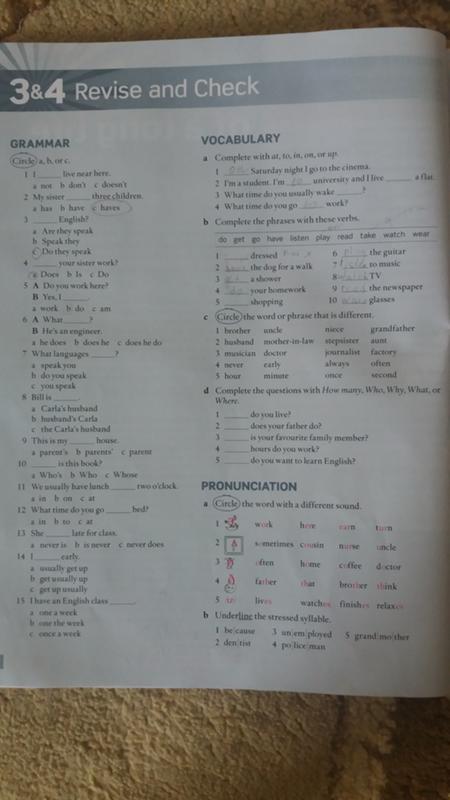
Файлы cookie Google Analytics
Эти файлы cookie собирают информацию, которая используется либо в агрегированной форме, чтобы помочь нам понять, как используется наш веб-сайт или насколько эффективны наши маркетинговые кампании, либо чтобы помочь нам настроить наш веб-сайт и приложение для вас, чтобы улучшите свой опыт.
Если вы не хотите, чтобы мы отслеживали ваше посещение нашего сайта, вы можете отключить отслеживание в своем браузере здесь:
Нажмите, чтобы включить/отключить отслеживание Google Analytics.
Другие внешние службы
Мы также используем различные внешние службы, такие как Google Webfonts, Google Maps и внешние поставщики видео. Поскольку эти провайдеры могут собирать личные данные, такие как ваш IP-адрес, мы разрешаем вам заблокировать их здесь. Имейте в виду, что это может значительно снизить функциональность и внешний вид нашего сайта. Изменения вступят в силу после перезагрузки страницы.
Настройки веб-шрифтов Google:
Нажмите, чтобы включить/отключить веб-шрифты Google.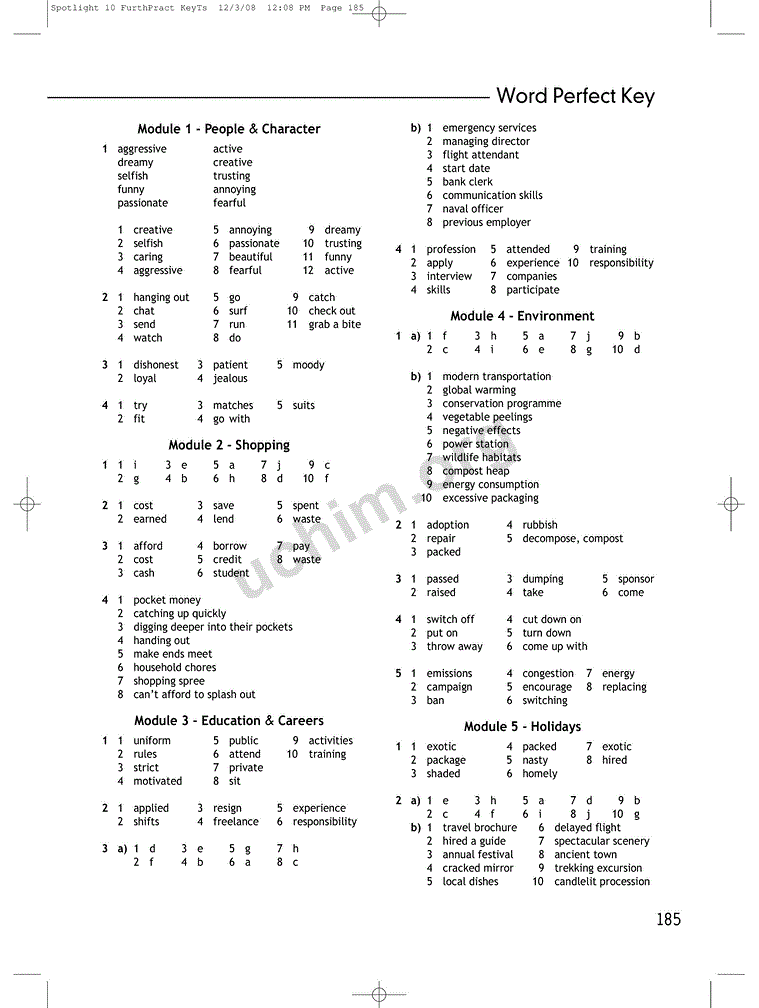
Настройки карты Google:
Нажмите, чтобы включить/отключить карты Google.
Настройки Google reCaptcha:
Нажмите, чтобы включить/отключить Google reCaptcha.
Встраивание видео в Vimeo и Youtube:
Нажмите, чтобы включить/отключить встраивание видео.
Другие файлы cookie
Также необходимы следующие файлы cookie. Вы можете разрешить их использование:
Нажмите, чтобы включить/отключить _ga — файлы cookie Google Analytics.
Нажмите, чтобы включить/отключить _gid — файл cookie Google Analytics.
Нажмите, чтобы включить/отключить _gat_* — файл cookie Google Analytics.
Политика конфиденциальности
проверка грамматики · PyPI
Проверяет грамматику с помощью LanguageTool.
Описание проекта
Оболочка Python для LanguageTool.
Это ответвление https://github.com/myint/language-check
Пример использования
>От переводчика:
>>> импорт грамматики_проверки >>> инструмент = грамматика_check.LanguageTool('en-GB') >>> text = 'Это плохо.' >>> соответствует = tool.check(текст) >>> len(совпадает) 1
Автоматически применять предложения к тексту:
>>> грамматика_check.correct(текст, совпадения) «Это плохо»
>Из командной строки:
$ echo 'Это плохо.' > пример.txt $ пример проверки грамматики.txt example.txt:1:1: THIS_NNS[3]: Вы имели в виду «эти»?
Установка
Для установки через pip:
$ pip install --user --upgrade проверка грамматики
Предпосылки
Python 3.2+ (или 2.7)
lib3to2 (при установке для Python 2)
LanguageTool (Java 6.0+)
Детали проекта
Эта версия
1.3.1
1,3
1,2
1.1
1,0
0.7.2
Загрузить файлы
Загрузить файл для вашей платформы. Если вы не уверены, что выбрать, узнайте больше об установке пакетов.
Исходные дистрибутивы
Для этого выпуска нет исходных файлов дистрибутива.
См. руководство по созданию архивов дистрибутива.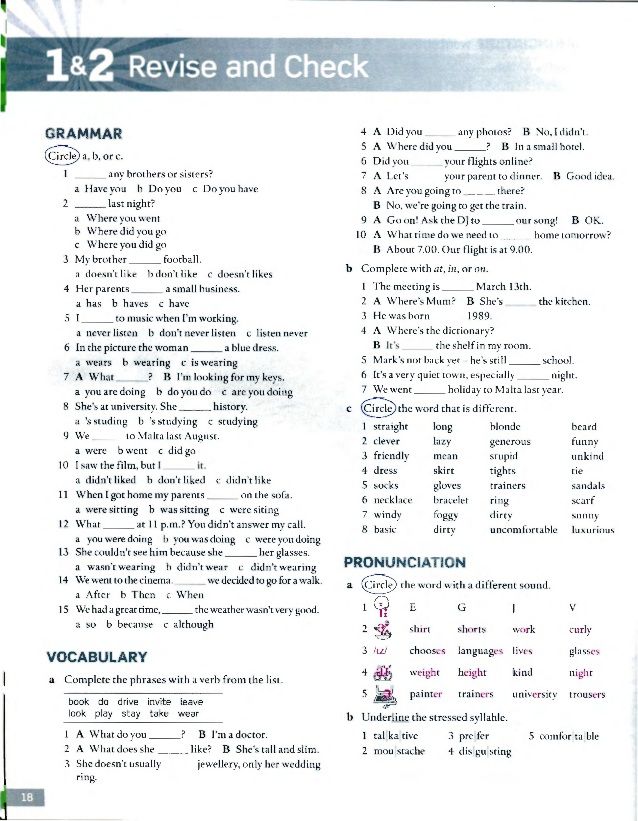

 LanguageTool('en-GB')
>>> text = 'Это плохо.'
>>> соответствует = tool.check(текст)
>>> len(совпадает)
1
LanguageTool('en-GB')
>>> text = 'Это плохо.'
>>> соответствует = tool.check(текст)
>>> len(совпадает)
1